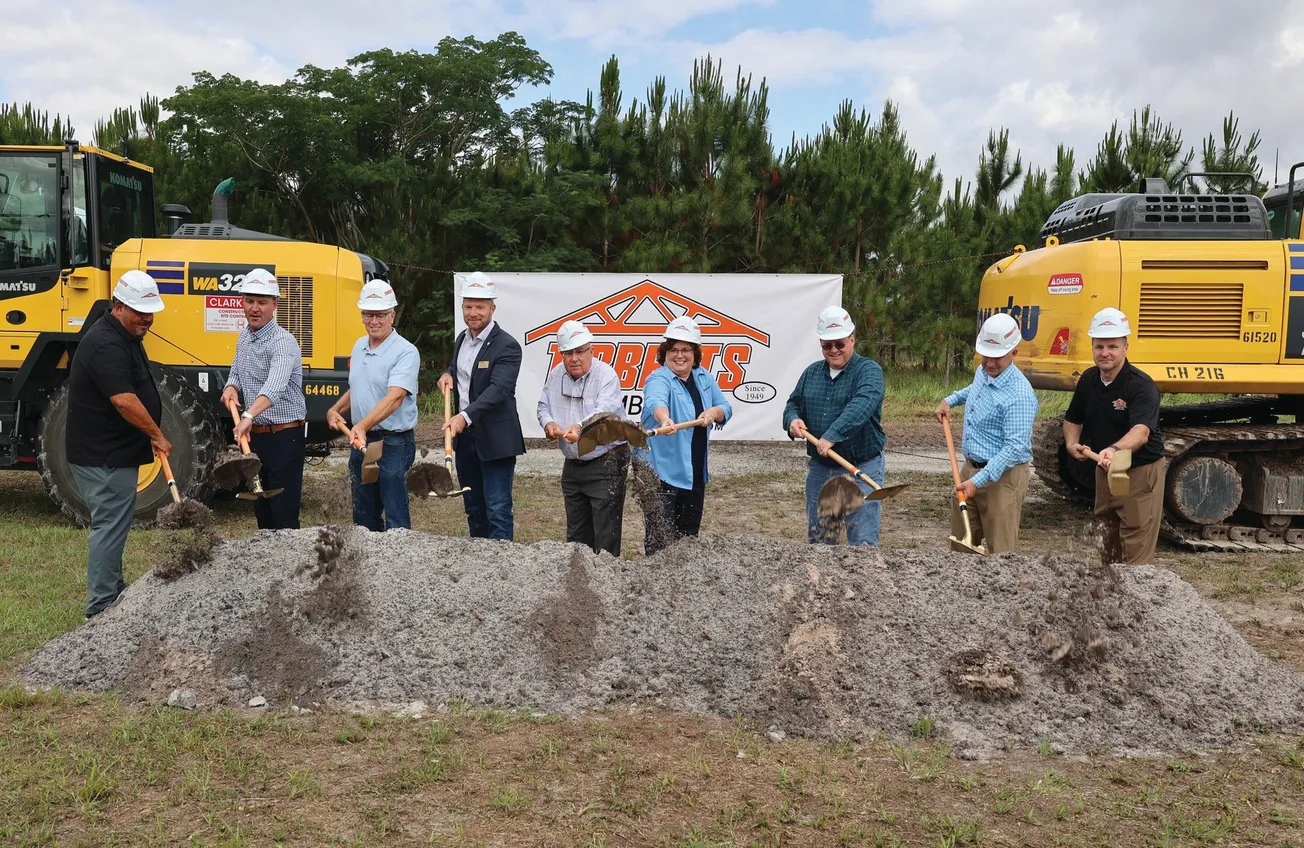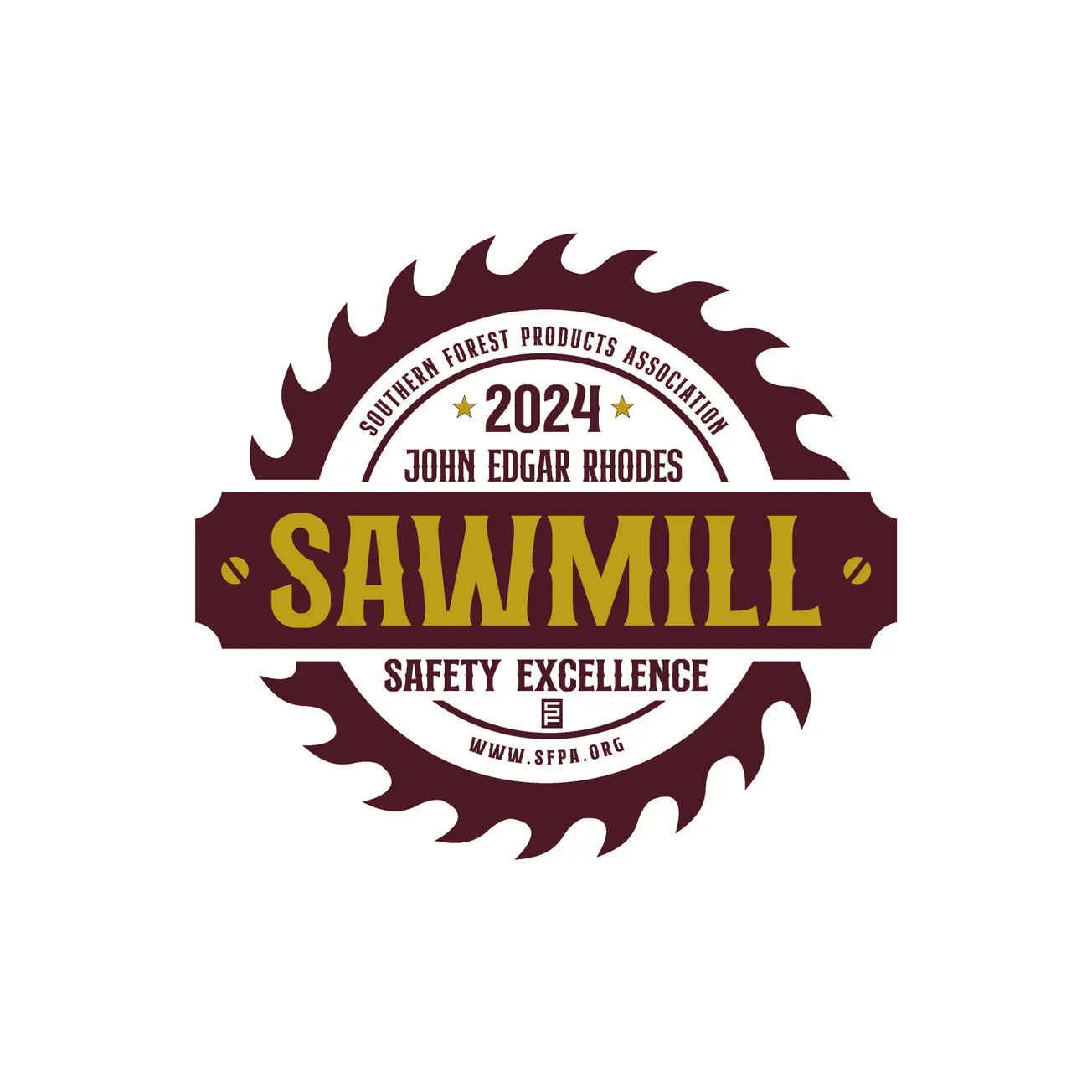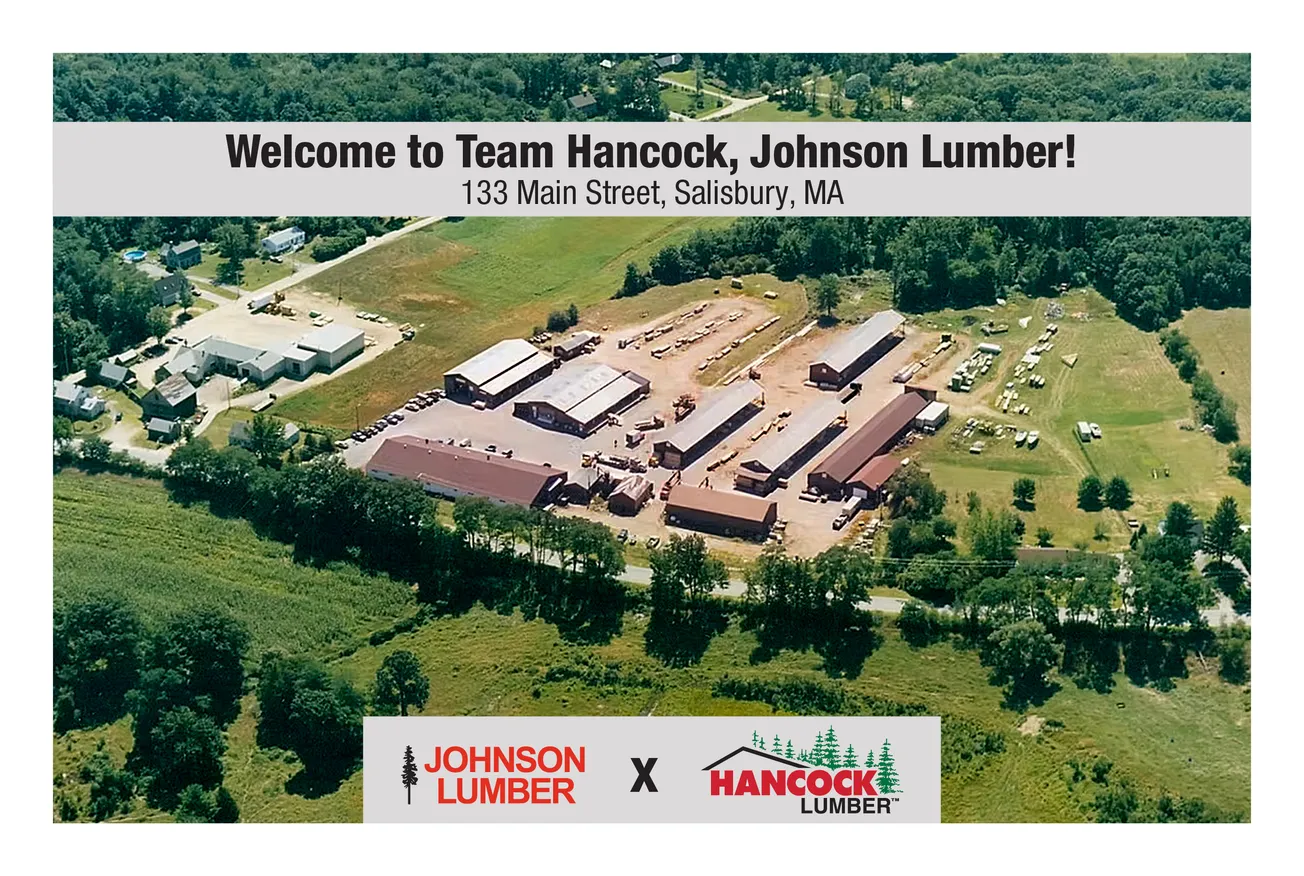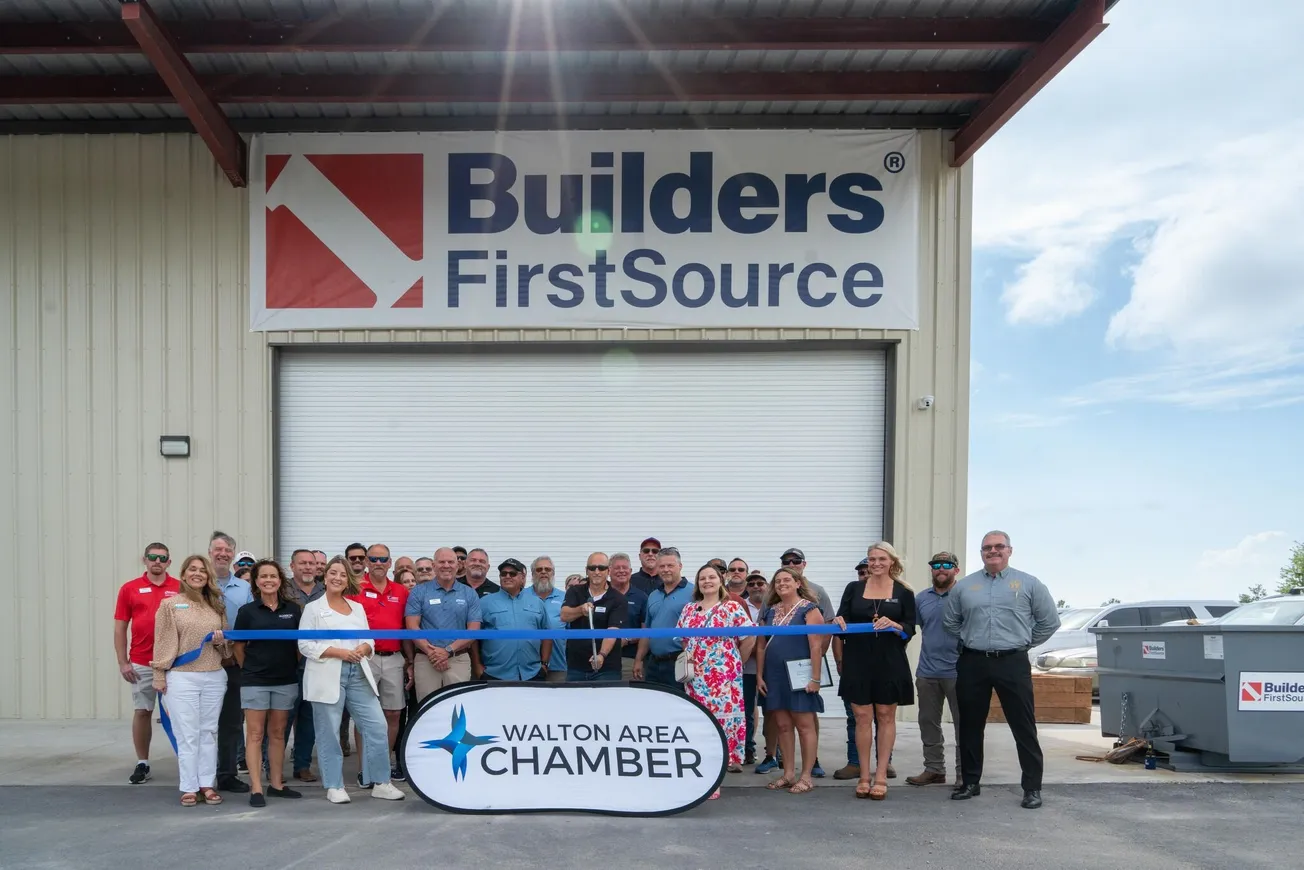Table of Contents
A Special Series from NAWLA
I didn’t choose the building materials industry—it chose me.
The door couldn’t have opened at a better time, either! At 24 years old, I was still at a fairly indecisive and stagnant place in my life, with no real sense of direction for the future. I was living at home with my parents and enrolled in junior college, but wasn’t really serious about school then. My short professional background at that point included restaurant management work and, until layoffs came down, a stint with the local school district. I had no experience even remotely related to the wood industry; but when friends of my mom and dad came calling about a potential receptionist job at a hardwood lumber company, I jumped at the opportunity.
From There to Here
Within a year of taking the front-desk position, I moved up to become assistant to the company’s top sales representative and eventually landed the title of inside sales manager. When a corporate buyout eliminated my position, I landed at the largest moulding distributor in Southern California—also as inside sales manager. My work implementing the Agility Enterprise Resource Planning software at both firms introduced me to DMSi, where I recently celebrated my five-year anniversary.
Over the years, my career has taken me from an entry-level administrative job to the position of senior account executive, with a degree in business management (it took a while, but I got there!) to back it up. I’ve had the pleasure along the way of becoming an Agility expert and even creating my own cycle count program to help manage inventory. More than three decades into this industry, my focus is no longer on advancement—I’m exactly where I want to be, content just to be doing the work that I really, truly enjoy. When I think back on how I got from here to there and to what I owe my success, I always come to the same conclusion: relationships.
Who You Know AND What You Know
As a very social person—I can walk into a room full of strangers and join a conversation or start one of my own with no problem—establishing and maintaining relationships has never been difficult for me. But because of that particular personality trait, it escaped me as a young person just how important relationships are in business—and this one, in particular. I would come to understand that later. For the time, they were simply a part of my life and the anchor that kept me grounded in the industry.
Relationships with two key individuals at my first job in the industry, at the hardwood lumber company, propelled me along my path. One was with the firm’s star sales rep, who just so happened to be a woman—at a time when we rarely held sales or management positions in this business. I was hungry and eager to learn; any time there was a project, I was the first to raise my hand. Yes, I’ll do it! She saw that energy in me and requested me as her assistant, which gave me the momentum I needed to advance.
But it was the owner of the company who was pivotal in making that happen. Lynn Monthaven, who eventually sold his business and has since retired, proved to be a valuable mentor, friend, and fantastic role model! Race, age and gender were never anything that he saw. That’s another reason I was successful there. He saw talent in somebody, and he wanted to hone in on that and help them grow. I was lucky—I might not have had the same experience somewhere else. The lessons I learned from him, which equipped me for success in the industry, are still applicable today. Lynn truly helped me, and won my loyalty in return. It was easy to stay on, which I did for 17 years with no regrets.
Relationships continued to play a huge part in my career development even after my time with the hardwood lumber company. The work connections I made prior to joining DMSi, for example, eased the transition when I changed jobs. Because I previously was a DMSi customer, I already had a decent relationship with probably a dozen people working there. As a remote employee, a major adjustment for me, I might not have reached a comfortable place and found some rhythm had it not been for those preexisting ties with my new coworkers. Meanwhile, other relationships I cultivated over the years continue to serve me in my current position.
Although the work is so different that I sometimes joke about “changing careers,” I’m still linked to the building materials industry—just in a less direct way. Even so, I’m able to apply the knowledge I’ve gleaned over the years for my current position and call on those contacts I’ve built over time, because I still know those people.
To The Up-And-Coming:
When I look back to the start of my career, I’ll never forget the individuals who saw talent and potential in me and invested in my growth. When I see those same qualities in young people today—the children of friends, for example, who may be now where I was back then, still trying to figure it all out—I try to instill in them the lessons I’ve learned.
Chief among them is the importance of relationships, and the loyalty needed to nurture those connections. It seems that today’s workforce jumps around quite a bit. They join a company, get what they need from it, and then they’re gone. They don’t necessarily burn bridges, but it can be difficult to create and develop relationships when you’re moving and grooving like that.
In sales, you have to stand out, but how do you do that if you don’t stay anywhere long enough to prove yourself? And how do you distinguish yourself if you’re selling the same product for just about the same price as another vendor? What’s going to drive that customer to make the decision to buy from you? If you haven’t maintained that relationship or done what you should have when that customer needed something or if you mishandled a problem they had, you’ve given the perception that maybe you didn’t care as much as “the other guy.” That’s when the relationship makes a difference in the decision-making; but I don’t know if you realize that when you’re young.









